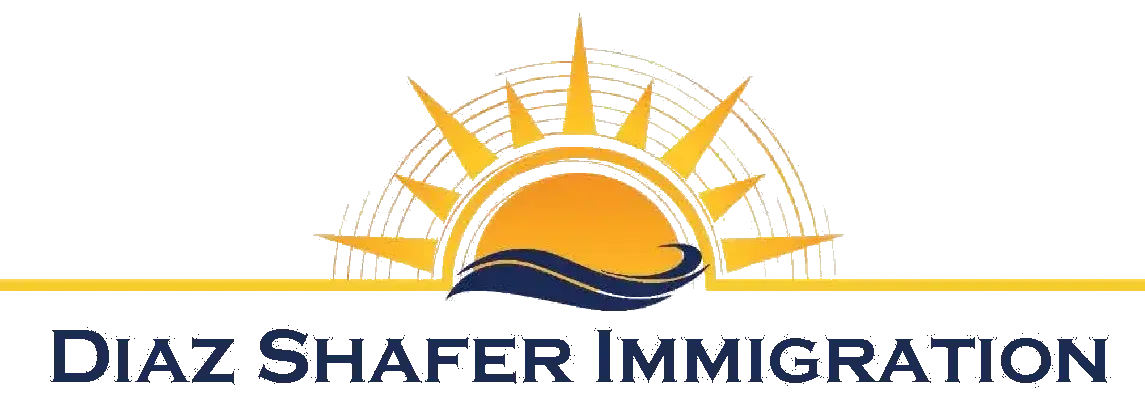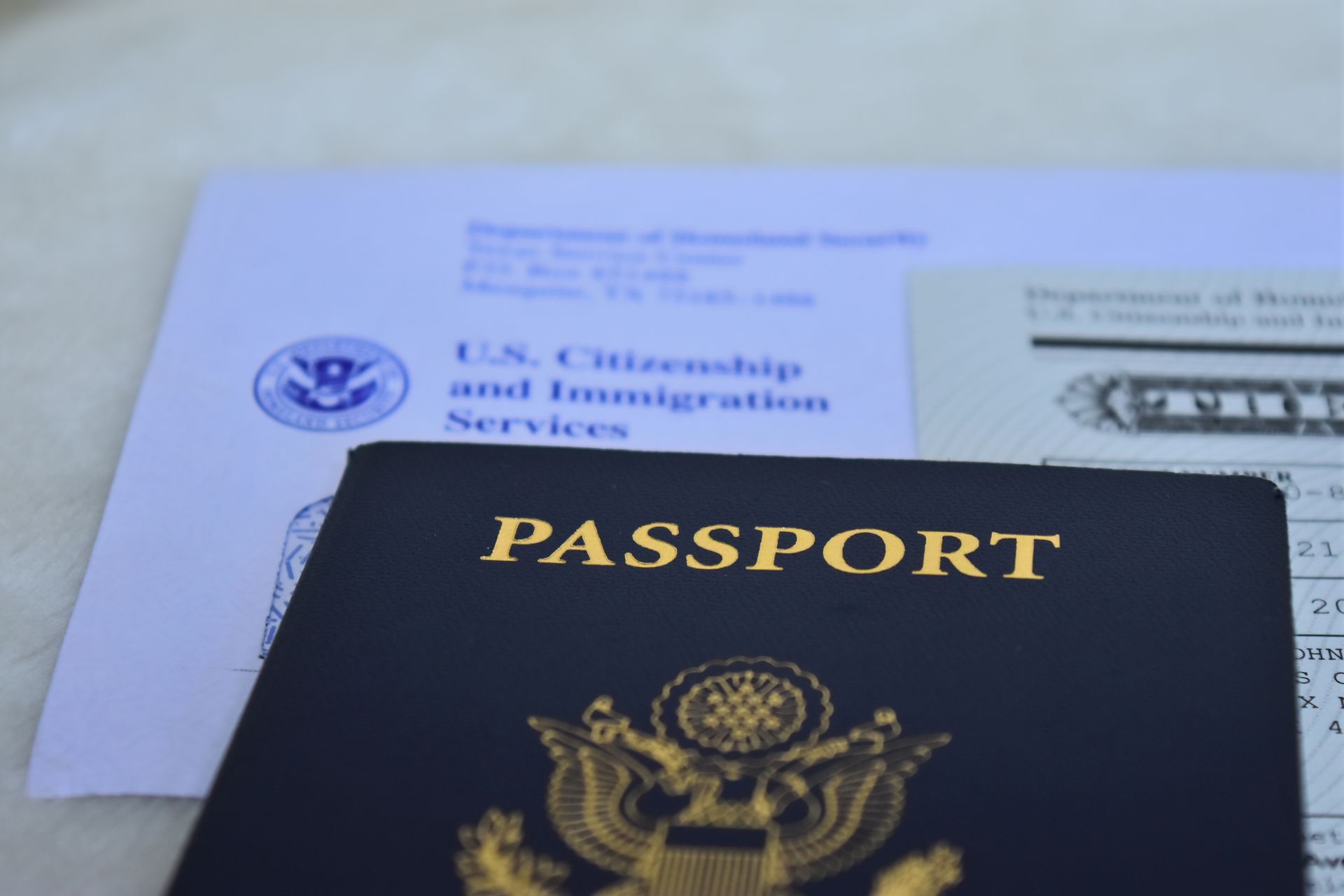What to Do If You're Facing Deportation: Your Rights and Legal Options Explained
What to Do If You're Facing Deportation: Your Rights and Legal Options Explained
Facing removal or deportation from the United States can be one of the most overwhelming and distressing experiences in an immigrant’s life. Whether you're dealing with visa overstay, alleged immigration violations, or criminal charges, it’s important to know that you have rights—and legal options. At Diaz Shafer Immigration in Tampa, Florida, we’re committed to helping you fight for your future with knowledgeable, compassionate, and strategic legal support.
You Have the Right to Defend Yourself
The first and most important thing to remember is this: you do not have to go through this alone. As soon as you receive a Notice to Appear (NTA), you are entitled to:
- Legal representation (although not at the government’s expense),
- An interpreter if English is not your first language,
- The opportunity to review the evidence against you, and
- The right to present a defense before an immigration judge.
Attempting to manage these proceedings without legal guidance can result in serious consequences—even if your case has valid grounds for relief. An experienced deportation defense attorney can help you understand what’s at stake and what paths forward may exist.
Understanding the Notice to Appear (NTA)
The NTA is the official document that starts your removal proceedings. It outlines:
- The government’s allegations against you,
- The specific immigration laws you are accused of violating, and
- Your scheduled court appearance.
Bring this document to your first consultation with Diaz Shafer Immigration. It provides critical information we need to assess your case and begin building your defense.
What Legal Relief Might Be Available?
Depending on your unique circumstances, several defenses or forms of relief may be available, including:
1. Asylum or Withholding of Removal
If you fear persecution in your home country due to your race, religion, nationality, political opinion, or membership in a particular social group, you may be eligible for asylum or other humanitarian relief.
2. Cancellation of Removal
If you’ve been living in the U.S. for an extended time, have strong family or community ties, and can demonstrate good moral character, you may qualify to apply for cancellation of removal.
3. Adjustment of Status or Green Card Through Family
If you are married to a U.S. citizen or have other qualifying family relationships, you may be able to pursue permanent residency even during removal proceedings.
4. Prosecutorial Discretion or Deferred Action
In certain cases, the government may opt to close or pause your removal case based on humanitarian concerns, health issues, or family hardship.
5. Appeals and Motions
Even if a judge rules against you, you still have the right to file an appeal with the Board of Immigration Appeals. In many cases, this delays removal while your appeal is pending.
Why Choose Diaz Shafer Immigration
Our Tampa-based team has years of experience navigating the complexities of U.S. immigration courts. We’ve helped clients from all walks of life:
- Avoid removal by uncovering overlooked defenses,
- Win relief based on credible fear or persecution,
- Reopen cases that were unjustly denied, and
- Secure lawful status through family or humanitarian options.
We act quickly, think strategically, and advocate relentlessly.
Act Now—Your Defense Starts Today
Removal proceedings move fast. The sooner you speak to an experienced attorney, the more time you have to build a strong case. Let Diaz Shafer Immigration guide you through every step and stand by your side in court.













